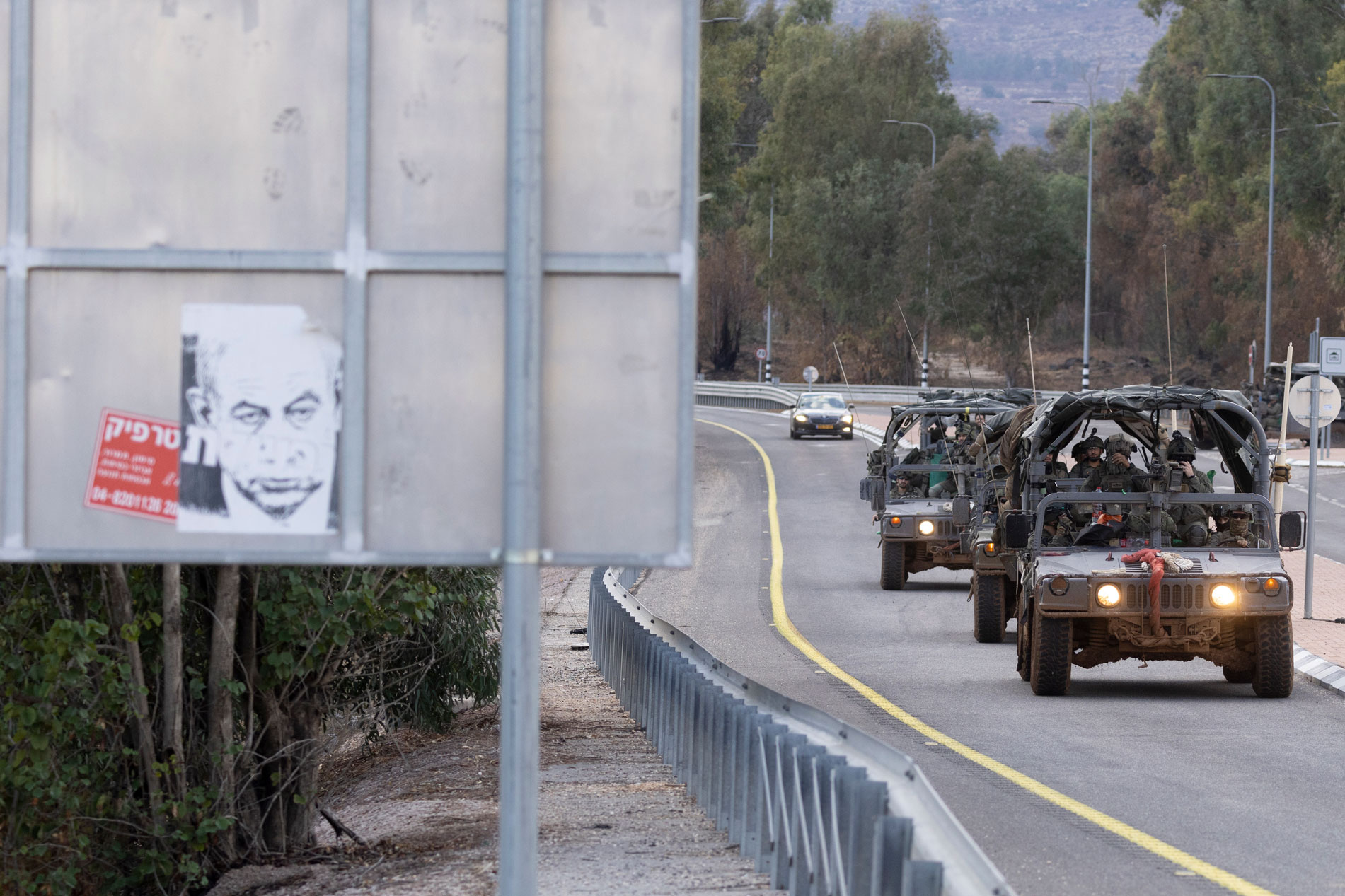Hosted by Kwangu Liwewe
Featuring Itamar Mann and Kareem Shaheen
Produced by Finbar Anderson
Listen to and follow The Lede
Apple Podcasts | Spotify | Podbean
The arrest warrants issued by the International Criminal Court (ICC) for Israeli Prime Minister Benjamin Netanyahu, his former Defense Minister Yoav Gallant, and Hamas military commander Mohammed Deif are groundbreaking, Itamar Mann, a professor in the University of Haifa’s Faculty of Law, tells New Lines’ Kwangu Liwewe in this week’s Global Insights on The Lede.
“Now we have Western allies, not only allies but people whose actions have been funded by the U.S. and armed by the U.S. [targeted by the court],” says Mann.
“You can’t argue that it is justice if the only people that you go after are African dictators who do not have the political cover to shield them from ICC investigations.”

The content of the warrants was interesting in and of itself, notes Mann. Chief Prosecutor Karim Khan “did emphasize the more novel and the more exceptional aspect of this particular conflict that has to do with humanitarian aid, and also to a very large extent, the particular history of Gaza as a place that has been under siege for many, many years, arguably on and off since 1967.”
The ICC has in the past suffered from an image problem leading to a lack of legitimacy, says New Lines’ Middle East Editor Kareem Shaheen. “It’s often seen as a political means to an end. So you support the court and you support war crimes investigations so long as those crimes affect your rivals or your enemies. The mere suggestion that those investigations might touch upon your own loyalists or your own troops … it becomes then a question of, ‘well, that court is politicized.’”
Whether these latest arrest warrants, which were fiercely criticized in Israel and Washington, will be good for the court in the long run is a difficult question, notes Mann. “With the [incoming] administration in Washington, it seems more plausible that multiple countries that will try to abide by these orders will be exposed to various forms of sanction, and this can create a dynamic whereby the court loses its legitimacy for certain parts of the world. … This can be a very extraordinary moment of crisis for the ICC but also for the so-called rules-based international order more broadly.”
Shaheen notes that the incoming Trump administration, should it decide to attack the court, may meet some resistance from potential allies among Middle Eastern states. “Most of these are not signatories to the ICC and the Rome Statute to begin with, but I think that they have reached a point, due to the way political events have been progressing in the region over the past year, where they understand the pressure points. They understand when to give way to the U.S. priorities and when not to, and so that’s going to be a limiting factor, in the region at least, to the U.S. agenda when it comes to the ICC.”
Mann rejects complaints from Israeli and American officials that issuing warrants for two senior Israeli officials and a Hamas commander suggested an unfair equivalence. “In terms of the accusations, Mohammed Deif was accused of the crime of extermination … which is the worst of the crimes that is enumerated among the accusations,” he notes. “And I think that, ultimately, there is a certain kind of equivalence in the fact that there is evidence that all sides have been acting in a way that amounts to war crimes or crimes against humanity. There’s no way around that.”


